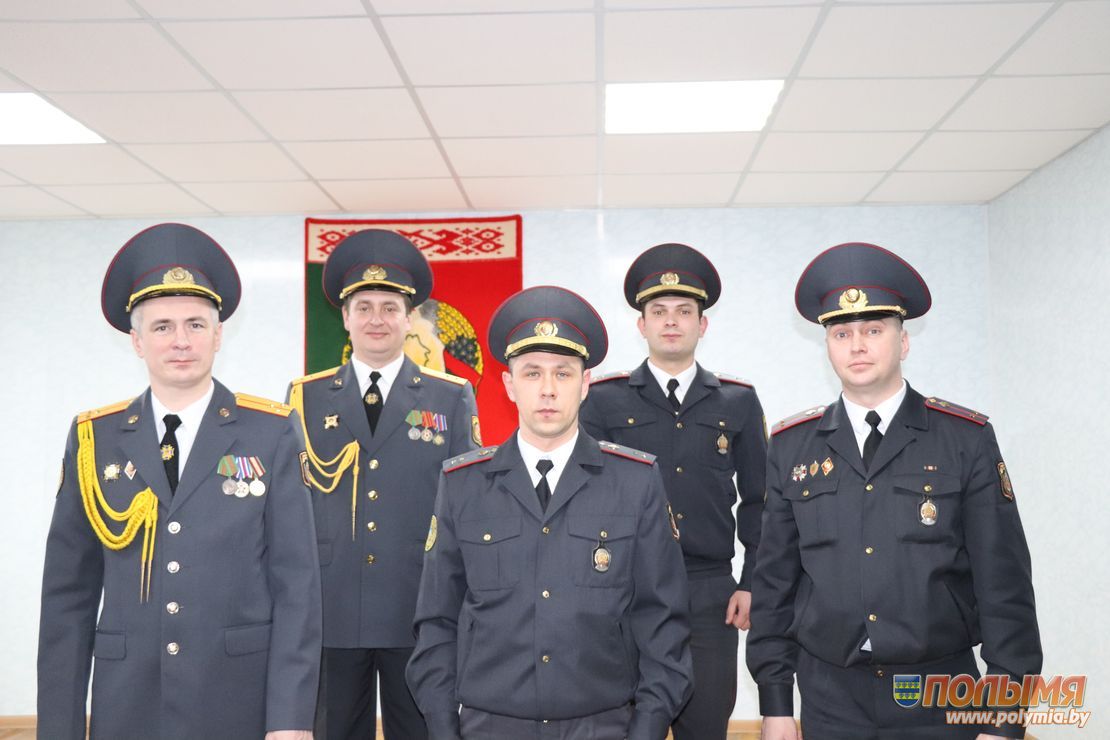Imposing additional duties on the Internal Affairs Ministry could threaten its efficiency and prompt political repressions
 The situation got worse
The situation got worse

The president aims to impose additional supervising functions, non-related to the maintenance of the law and order, on the Interior Ministry, which may reduce the capacity of its regional institutions and reduce the performance of both, usual and new tasks.
Reshuffling the Interior Ministry on March 28th, 2019, President Lukashenka said that the police were not effective enough. Apparently, he came to such a conclusion when studying the agriculture situation in the Mogilev region. The President reiterated that he had entrusted the Interior Ministry with the task to restore order in agriculture, primarily, to ensure proper maintenance of agricultural equipment. The Ministry was tasked to study what and how much equipment farmers possessed and assess its readiness to fieldwork. In addition, the newly appointed police officials were ordered to restore order in all spheres. That is, the police should be everywhere and supervise matters unrelated to the maintenance of the law and order.
On February 28th, 2019, at a debriefing with Interior Minister Shunevich, Lukashenka said that the ministry was understaffed by some 10%. This is an average value, meaning that while the central office of the ministry is unlikely to have staff shortages, regional departments are likely to lack more than one-fifth of staff.
By empowering the Interior Ministry to supervise the efficiency of the use of the property by agricultural organizations, Lukashenka sends a signal that he distrusts the local power system he had created in the regions. His attempt to replace civilian officials with police supervisors seems to be unjustified. While the Interior Ministry is able to assess the performance of state farms, it is unlikely to have the competency to assume the role of an anti-crisis manager. Moreover, given the lack of staff in regional departments, the police are likely to face a situation when the implementation of unusual supervising functions would weaken their core law enforcement activities.
The Ministry is likely to attempt to shake off the new burden, using the upcoming elections and regional instability as arguments to focus on its immediate law enforcement competencies. It is highly likely that this would be done at the expense of an imaginary threat to the regime from its political opponents or youth subcultures (e.g. football fans and anti-fascists).
Subscribe to our newsletter




Situation in Belarus
Constitutional referendum: main consequences


 Video
Video
How to count the political prisoners: are the new criteria needed?


 Video
Video
Paternalism In Decline, Belarusian Euroscepticism, And The Influence Of Russia


 Video
Video












